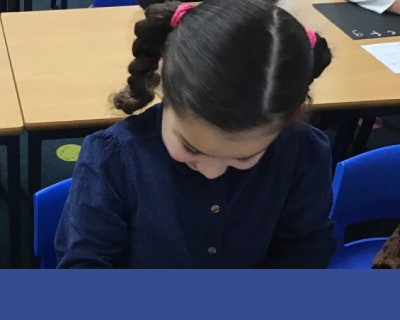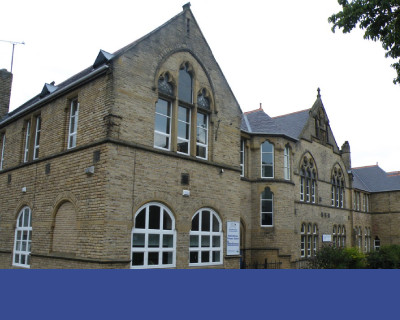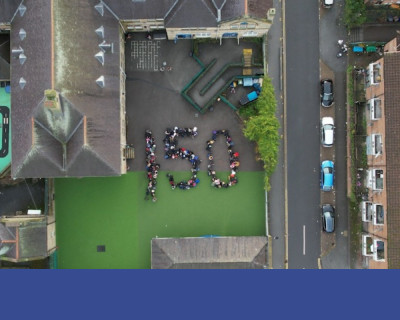Geography
Vision
Our vision at Netherthorpe Primary School is at our school, we believe that it has never been more important for children to have a comprehensive global understanding and knowledge of the world and the people and cultures that inhabit it. Through understanding geography and the complexity of our planet, we believe that our children will develop respect for the physical environment and the diverse range of cultures and beliefs that make up our world. Our children will be self-aware of the impact they can have on our planet. Our Geography curriculum allows children to build resilience and become problem solvers. We want our children to be inquisitive about the world, open-minded and also responsible for the actions and choices they make.
Aims
- Inspire a curiosity and fascination about the world and its people.
- Provide an engaging and varied geography curriculum.
- Develop an understanding of the Earth’s key physical and human features.
- Promote the children’s interest in people and places, resources and natural and human environments.
- Develop an understanding of how places and people are interconnected.
Intent:
We have scrutinised and considered a range of factors to ensure that our geography curriculum is ambitious and designed to give all our learners the knowledge and cultural capital they need to succeed in life. We have ensured that teaching and learning is coherently planned and sequenced towards cumulatively sufficient knowledge and skills for future learning.
In EYFS the Curriculum supports children’s understanding of geography through the planning and teaching of ‘Understanding the World’. Geography at Foundation Stage is introduced through activities that encourage children to explore, problem solve, observe, predict, think, make decisions and talk about the world around them. Children will have opportunities to explore and care for their immediate environment and at times will visit other places. They will begin to talk about how they can have an impact on their wider world. They will be encouraged to observe and describe the environment, including changes in it. They will be encouraged to ask and answer questions about the world around them. Children will be given the opportunity to talk about their families and wider community, including similarities and differences between them and the places they have experience of. Geography is principally incorporated into The Early Learning Goal for ‘Understanding the World: The World’ and ‘People and Communities’, but also comes through learning in other areas, such as ‘Communication and Language’ and ‘Expressive Art and Design’. The ways in which a child engages with other people and their environment - playing and exploring, active learning, and creating and thinking critically (including making links) – underpin learning and development across all areas and support the child to remain an effective and motivated learner.
In Key Stage One and Two we use the Odizzi materials to provide a logical sequence of geographical topics, to support progression and curriculum coverage. National curriculum objectives drive the Odizzi schemes of learning which provide comprehensive curriculum coverage and addresses topics in depth. All year groups cover three Geography-led topics each year with skills and knowledge acquired in the autumn and spring terms feeding into a place-based study in the summer. pupils accumulate knowledge as they progress. For example, in Year 1’s local area study, children learn basic geographical concepts, knowledge, vocabulary and skills through the concrete experience of a familiar place. This then allows them to make meaningful comparisons with the Zambian locality of Mugumareno Village in Year 2. During Key Stage 2, this knowledge of places feeds into regional studies from the Americas, Europe and the UK. Knowledge becomes both broader and deeper as pupils progress and become familiar with an ever-wider range of places. This growing knowledge is also fed by the development of locational knowledge, geographical skills and a growing understanding of human and physical processes. (At Key Stage 2, we have not considered it necessary that places in each year should be more distant than in the previous one. Rather, we have taken the view that a growing understanding of varied places and processes around the world should inform a conceptually rich understanding of life in the UK and Europe in Years 5 and 6.)
By the end of Key Stage one and two, our children are expected to know, apply and understand the matters, skills and processes specified in the relevant programmes of study.



